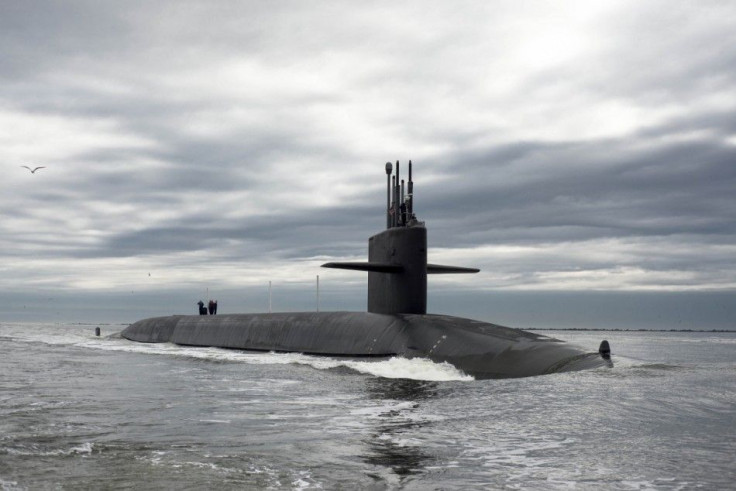Underwater Drones To Make Submarines 'Obsolete', German Firm Plans To Buy Australia's ASC

Australia has been warned that its new submarine fleet will become obsolete as a result of technological developments in drone. A key Pentagon adviser has warned of the implications of breakthroughs in drone technology as something that could affect the design of Australia’s next class of submarines.
The procurement of submarines in Australia has sparked a heated debate in Parliament. Bryan Clark, a submarine expert and former U.S. military naval advisor, said the Australian government has not contacted him. He added that the next class of submarines would be completed in the 2020s.
Clark said he did not know if the federal government knew about the new drone technologies being developed. “It is something that should impact the design of the next class of submarines,” added the submarine expert.
He said he has been in contact with the U.S. government in terms of what it might mean for the next generation of U.S. submarines. Clark explained that new technologies, particularly those that involve acoustic techniques, can detect silent submarines of the enemy.
“New detection techniques are emerging that would allow you to find large man-made objects in the water more easily than in the past,” said Clark. He noted that the U.S. has relied on its submarines as being undetectable and can move with impunity in areas near countries. He told the ABC that unmanned undersea vehicles would be used instead after new detection technologies have come out.
Clark said submarines may still be used but only as mother vessels to deploy underwater drones. He predicted that in the future, submarines may stay offshore or at some distance away from the threat.
However, despite the benefits of underwater drones, Clark said the drones still have two limitations. Drones rely on battery power alone and have a lack of accountability when used as a weapon. Opponents of weaponised drones have previously warned against the proliferation of new technology since they bring risks to humanity.
Meanwhile, Germany’s biggest ship builder is planning to buy the government-owned submarine firm ASC to expand the facility as part of its plan to become the manufacturer of Australia’s future submarines and warships. The plan will see the Howard government’s dream of transforming Port Adelaide into a national centre of excellence.
According to the executives of the Thyssen Krupp Marine Systems, a team would be travelling to Australia in the coming month to study options for building ships Adelaide. TKMS is one of the three bidders who are involved in Australia’s competitive evaluation process to build the country’s next generation of submarines.
(To report problems or leave feedback on this article, contact: r.su@ibtimes.com.au)





















